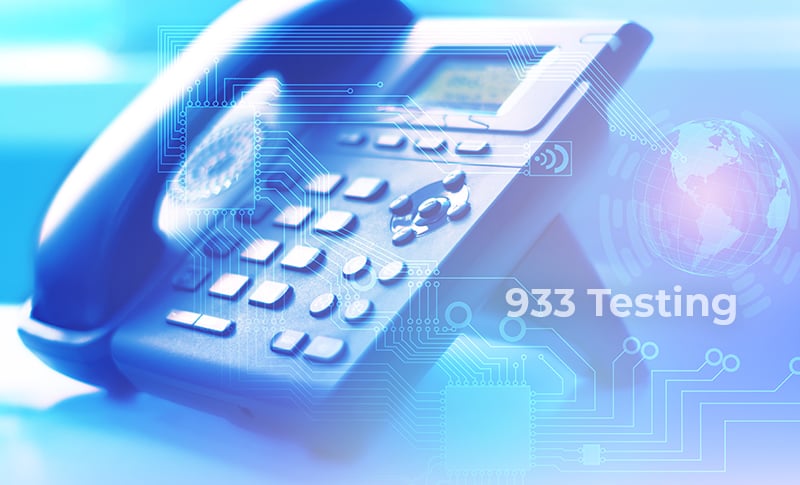In the realm of emergency response, every second counts. When individuals are in distress and need immediate assistance, the reliability and effectiveness of 911 calling services are paramount. This is where 933 testing emerges as a critical tool for organizations, ensuring that their emergency response systems function seamlessly when they’re needed most.
933 testing, specifically designed for emergency services, is a rigorous protocol that evaluates the performance and reliability of 911 calling systems. It involves simulated emergency calls and stress testing various components of the system to identify potential issues before they can impact real-life emergency responses. From call routing to network connectivity and software functionality, every aspect is scrutinized to meet the highest standards of reliability and performance.
The significance of 933 testing becomes evident when considering the potential consequences of system failures during emergencies. Lives hang in the balance, and any disruption or delay in emergency response can have dire outcomes. By subjecting their 911 calling systems to thorough testing, organizations can proactively identify vulnerabilities and address them before they escalate into critical issues.
Moreover, 933 testing is not just about ensuring operational efficiency; it’s also about compliance with regulatory standards and guidelines. Regulatory bodies impose strict requirements on emergency services to guarantee the safety and security of individuals in distress. Adhering to these standards is not optional—it’s a legal and moral obligation. Implementing 933 testing demonstrates a commitment to meeting these obligations and upholding the highest standards of care.
Beyond regulatory compliance, 933 testing instills confidence in stakeholders. Whether it’s the general public, government agencies, or law enforcement, knowing that the 911 calling system undergoes rigorous testing inspires trust and reassurance. It sends a clear message that the organization prioritizes safety and is dedicated to providing reliable emergency services to the community.
Continuous improvement is another crucial aspect facilitated by 933 testing. As technology evolves and new challenges emerge, organizations must adapt and enhance their emergency response capabilities. Regular testing allows them to identify areas for improvement, implement necessary upgrades, and stay ahead of emerging threats.
In conclusion, the importance of 933 testing for organizations’ 911 calling services cannot be overstated. It’s not just about ensuring operational efficiency; it’s about saving lives. By subjecting their systems to rigorous testing, organizations demonstrate their commitment to reliability, compliance, and continuous improvement in emergency response. As technology advances and the demands on emergency services evolve, investing in 933 testing remains a cornerstone of effective emergency preparedness.

